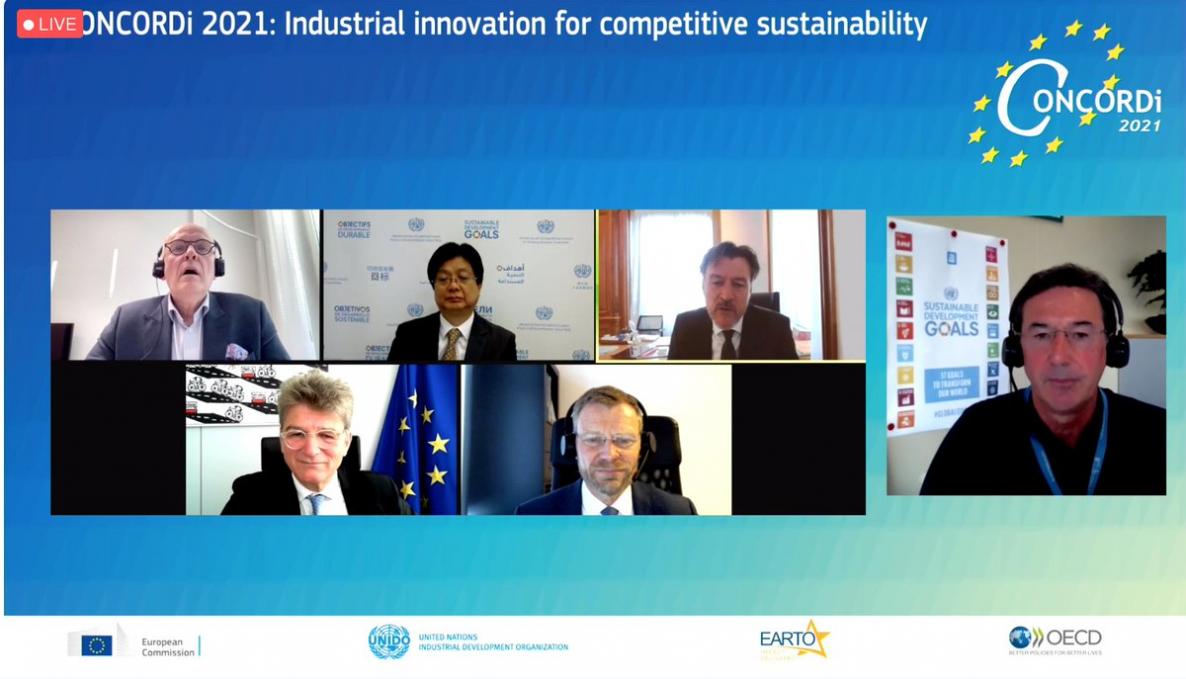Awards: CONCORDi, one of the most important European conferences on economics of innovation, awards the best paper prize to the article coauthored by Daniele Moschella. "With new technologies, higher wages without increasing within-firm inequalities"

New technologies raise wages without increasing gender or wage inequalities within the firms that adopt them. This is the main evidence of the scientific article entitled “For whom the bell tolls: the firm-level effects of automation on wage and gender inequality”, co-authored by Daniele Moschella, professor of Economic Policy at the Sant’Anna School, together with Giacomo Domini (researcher in Economics at the Erasmus University College of Rotterdam), Marco Grazzi (professor of Economic Policy at the Università Cattolica del Sacro Cuore), Tania Treibich (researcher in Economics at Maastricht University), that received the best paper award at the international conference “CONCORDi 2021 - Industrial innovation for competitive sustainability”. The conference took place in virtual mode until 25 November 2021.
CONCORDi, organized every two years by the Joint Research Center (JRC) of the European Commission, is accredited as one of the most important European conferences on the topics of the economics of innovation. The 2021 edition hosted 5 plenary sessions and 10 parallel sessions during which over 30 scientific articles were presented. The scientific committee that selects the best paper is made up of economists and academics recognized as international experts in the field of economics.
“In the award-winning article I studied, together with my coauthors, the relationship between imports of capital goods linked to automation and artificial intelligence - says Daniele Moschella on behalf of the group of authors - and wage and gender inequality within adopting firms. The main finding of the article, i.e. that the latest wave of new technologies raises wages without increasing within-firm inequalities, contributes to the current and intense debate on the effects of automation and artificial intelligence on employment outcomes”.



